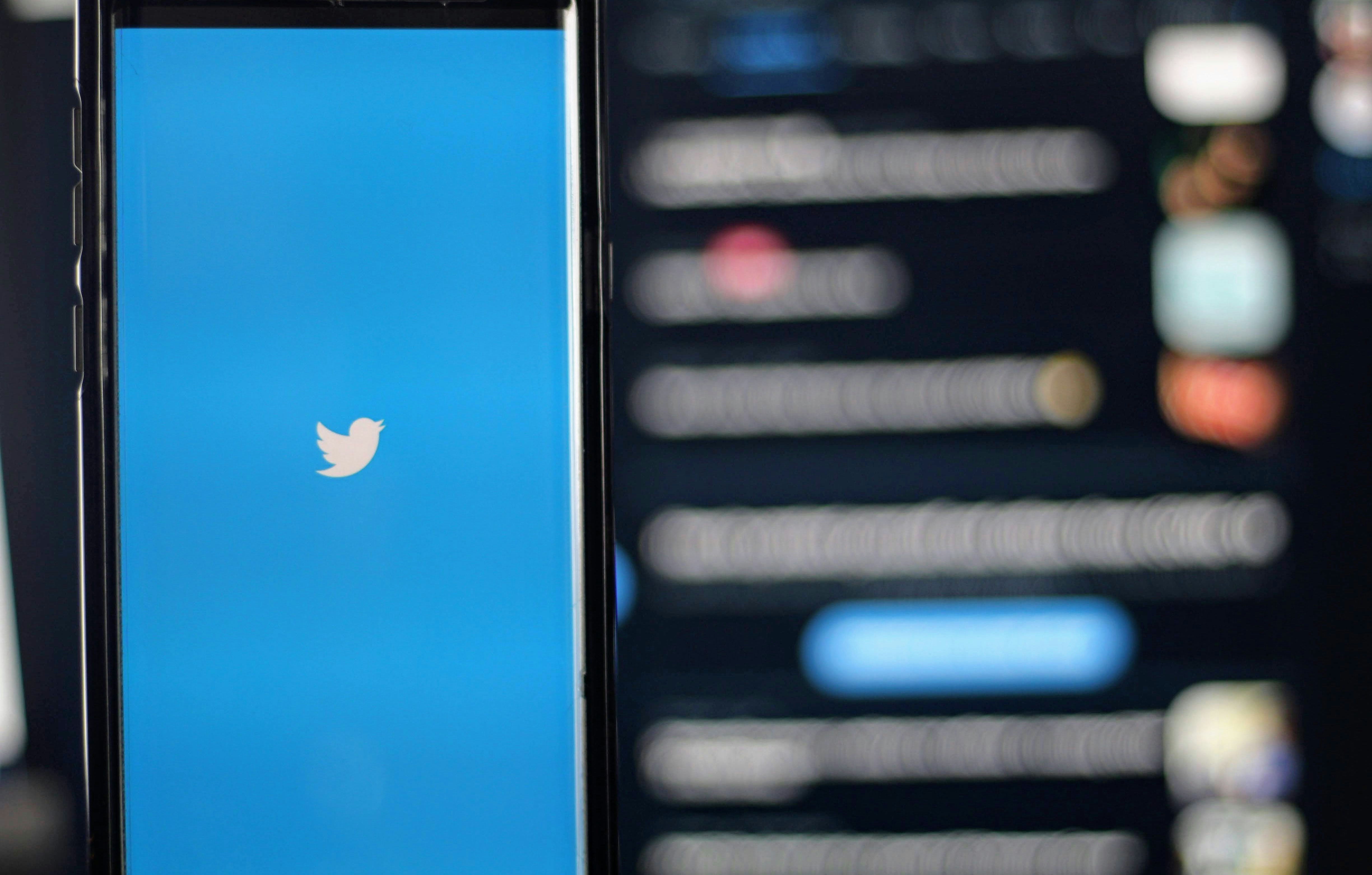Attachments
Note: Not all attachments are visible to the general public. Research URLs will go live after the embargo ends.

Journal/
conference: PLOS ONE
conference: PLOS ONE
Research:Paper
Organisation/s:
Indiana University, USA
Funder:
This work was supported by the John S.
and James L. Knight Foundation, Craig Newmark
Philanthropies, and the National Science
Foundation (grant ACI-1548562). The funders had
no role in study design, data collection and
analysis, decision to publish, or preparation of the
manuscript.



 International
International


